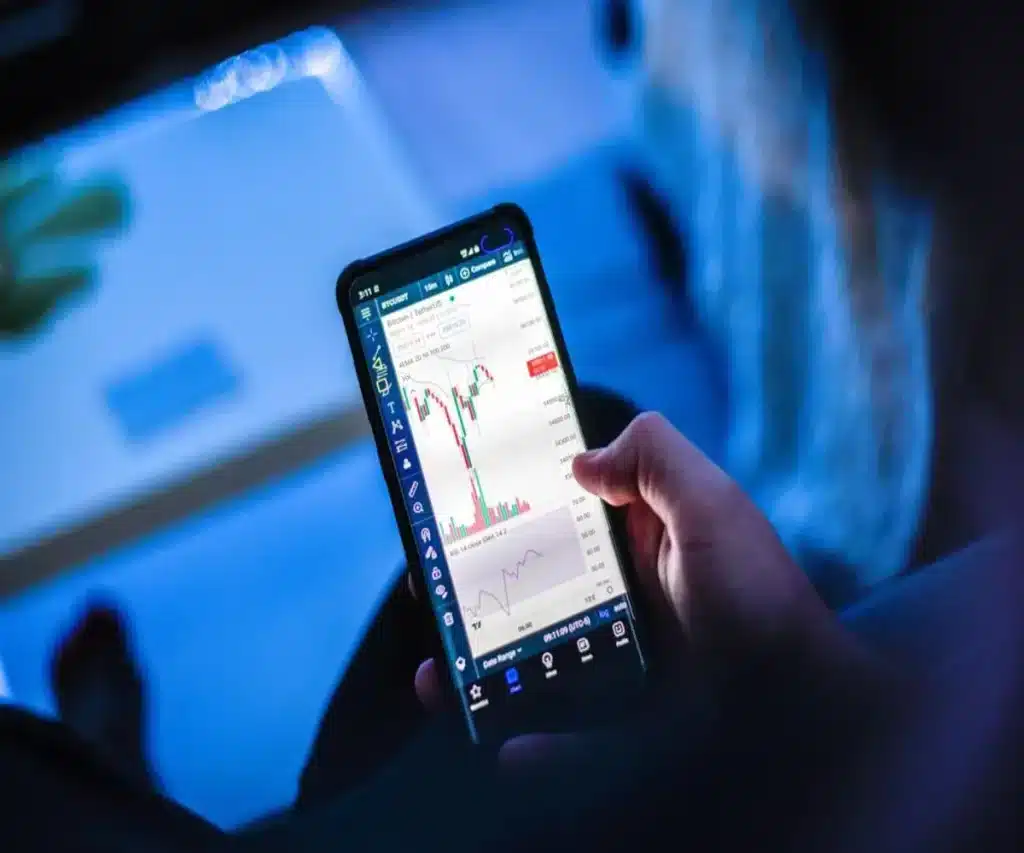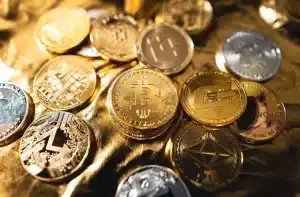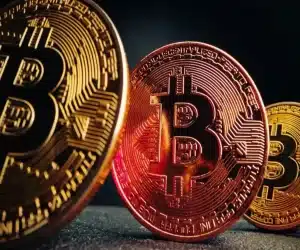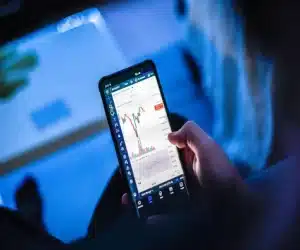Although the concept of virtual real estate is not novel, having existed since the era of Second Life where users could purchase and sell virtual properties, the emergence of blockchain technology has given virtual real estate a fresh lease of life, with Decentraland (MANA) spearheading the revolution.
Decentraland is an autonomous, blockchain-based virtual environment that empowers users to acquire, construct, and profit from digital real estate. Leveraging the Ethereum blockchain, Decentraland offers users the opportunity to create 3D content, games, and applications within their virtual property, with the potential to monetize through in-game purchases and advertisements.
Decentraland (MANA) boasts an alluring decentralized ownership structure. In contrast to conventional virtual worlds where game developers have full control over the land, allowing them to manipulate the game’s rules, eliminate properties, or alter the virtual currency, Decentraland stores the ownership of virtual land on the Ethereum blockchain, guaranteeing that it remains unaltered by game developers. This grants users authentic ownership of their digital real estate, providing a sense of security that their investment will preserve its value.
Decentraland’s virtual property comprises of parcels, with each parcel being a unique non-fungible token (NFT) preserved on the Ethereum blockchain. This allows users to purchase and trade virtual real estate much like physical property. The cost of each parcel fluctuates based on its location and size, with highly desirable locations fetching millions of dollars.
Decentraland (MANA) offers users diverse options for monetizing their virtual real estate. They can design and sell digital content, such as games or art, to fellow users. Alternatively, they can lease their properties for events, conferences, and other virtual gatherings.
Property owners can also advertise on their land, thereby generating another income stream. Decentraland’s social interaction capabilities are another intriguing aspect. Users can create avatars and explore the virtual world, engaging with other users in real-time.
The platform is built to enable users to host and attend events, including concerts, games, and art shows. This feature offers a novel means of socializing, particularly in a world where social distancing is the norm.
Decentraland has garnered a significant following since its inception in 2017. The virtual realm has enticed investors, game developers, and content creators who are eager to partake in this innovative new frontier of virtual real estate. The platform has already birthed various virtual galleries, gaming experiences, and social spaces, indicating its vast potential for expansion.
In conclusion, Decentraland (MANA) represents a significant leap forward in the world of virtual real estate. The platform’s decentralized ownership model, combined with its ability to monetize virtual properties and facilitate social interaction, has made it an attractive option for investors, game developers, and content creators alike. As the virtual world continues to evolve and expand, Decentraland’s potential for growth and innovation is vast. It is clear that Decentraland is the next frontier of virtual real estate, and it will be fascinating to see how the platform continues to develop in the years to come.





